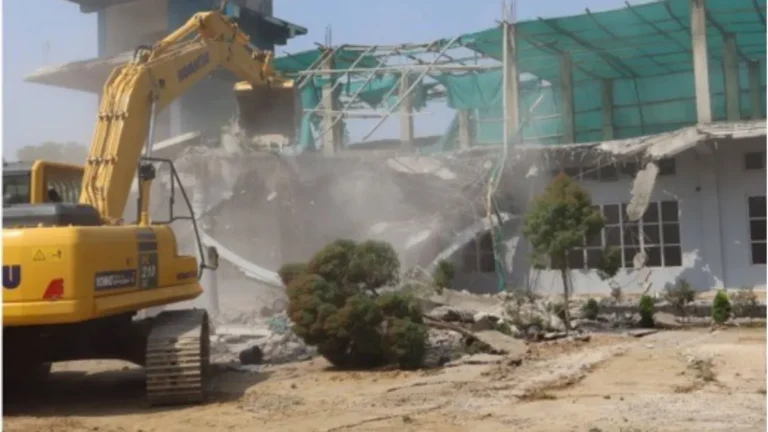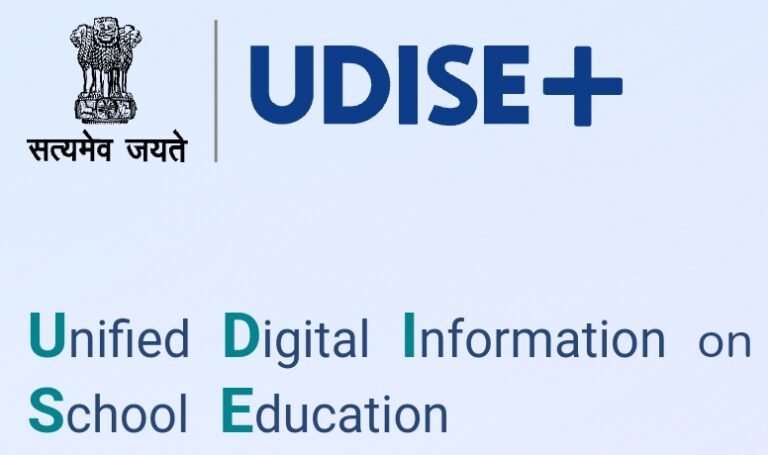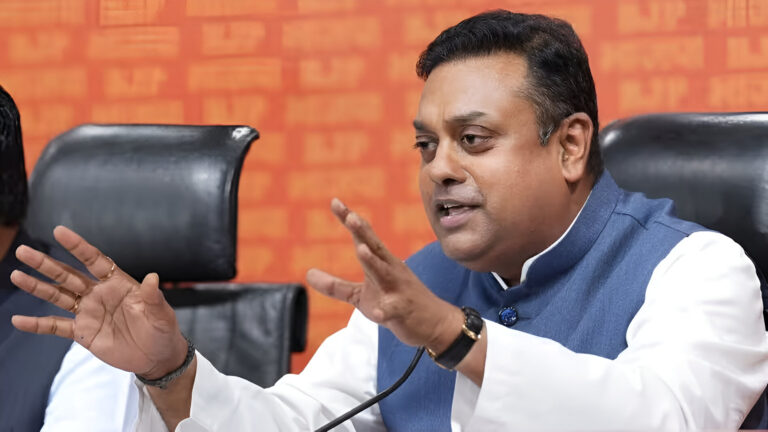Manipur CM Appeals for Peace: “All Issues Can Be Discussed Politically”
Published on January 16, 2025
Summary of the News
Manipur Chief Minister N. Biren Singh has urged the state’s residents to support the government’s efforts in restoring peace, emphasizing that all core issues can be addressed through political and diplomatic channels. He acknowledged past shortcomings and expressed optimism about the return to normalcy, highlighting the collective efforts that have contributed to this progress.
Manipur’s Path to Peace: Embracing Dialogue and Reconciliation
Introduction
In the wake of prolonged ethnic unrest, Manipur stands at a critical juncture. Chief Minister N. Biren Singh’s recent appeal for peace underscores the necessity of political dialogue and community cooperation in healing the state’s deep-seated divisions. This article delves into the complexities of Manipur’s conflict, the significance of the Chief Minister’s apology, and the imperative steps toward sustainable peace.
Understanding the Conflict
Since May 2023, Manipur has been engulfed in ethnic violence primarily involving the Meitei and Kuki communities. The strife has resulted in over 250 fatalities and displaced approximately 60,000 individuals. The unrest was triggered by a court directive to consider extending special economic benefits and quotas, traditionally reserved for the Kuki people, to the Meitei population. This decision intensified existing tensions over land, resources, and political representation.
Chief Minister’s Apology: A Turning Point
On December 31, 2024, Chief Minister N. Biren Singh publicly apologized for the turmoil, stating, “I want to say sorry to the people of the state for what’s happening… many people lost their loved ones. Many people left their homes. I feel regret, I apologise.” This marked a significant shift from previous stances, signaling a move toward reconciliation and acknowledging the government’s role in addressing the crisis.
The Call for Political Dialogue
Emphasizing the importance of peaceful resolution, Chief Minister Singh appealed to the populace, stating that all core issues can be discussed politically and diplomatically. He asserted that conflict would not resolve the issues at hand and urged communities to engage in constructive dialogue.
Community Cooperation: The Road Ahead
The Chief Minister’s call to “forgive and forget the past mistakes” is a plea for unity and collective action. Rebuilding trust between communities necessitates open communication, mutual respect, and a shared commitment to peace. Grassroots initiatives, inclusive policy-making, and equitable development are essential components in this healing process.
Conclusion
Manipur’s journey toward peace is fraught with challenges, but the recent overtures by Chief Minister N. Biren Singh offer a foundation for hope. By embracing political dialogue and fostering community cooperation, there lies a pathway to reconciliation and lasting harmony in the state.
FAQs
- What triggered the ethnic violence in Manipur?
- The violence was sparked by a court order to consider extending special economic benefits and quotas to the Meitei community, which heightened existing tensions with the Kuki community.
- How has the government responded to the unrest?
- The government has deployed security forces and initiated peace efforts, with Chief Minister N. Biren Singh publicly apologizing and urging for political dialogue to resolve issues.
- What are the main communities involved in the conflict?
- The primary communities involved are the Meitei and Kuki groups, each with distinct cultural and economic interests.
- What steps are being taken toward reconciliation?
- The government is promoting political discussions, community engagement, and policies aimed at equitable development to bridge divides.
- How can the public contribute to peace efforts?
- Citizens can participate in dialogue initiatives, support inclusive policies, and foster mutual respect among diverse communities to aid in the peace process.


